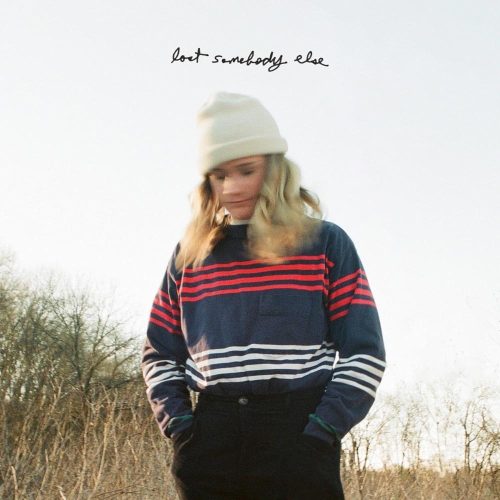Sad songs sell well.
The modern cultural algorithm (and don’t get me started on the TikTok one) have latched onto a critical aspect of human nature: in a sickening way, it can feel good to be sad. Our art reflects what we love, and humans love to wallow.
I’m hypothesizing here, but I think the massive rise of artists who exclusively make sad music – artists like Phoebe Bridgers, who I unashamedly love – is both helpful and harmful. I think it’s a necessary response to a lot of the borderline dishonest, life-is-a-walk-in-the-park music that often populates radio stations (no offense Pharrell, but there’s just no way you’re that “Happy” all the time). But I also think that the pendulum can swing too far the other way, and that artists who exclusively make what I call “music for wallowing” are just as hard to stomach. Sunsets and puppies and other people exist, you know.
The truth is that life is just too full of both joy and sorrow to be understood one-dimensionally.
Sure, it’s probably easier to write and understand the one-dimensional song. But what might it look like for an artist to enter into their sadness and trauma – to not ignore it or move past it – and come out brandishing their past for the cause of hope?
Enter Gabrielle Grace.
The Nashville singer-songwriter is a case study in the emotional payout of being honest with ourselves. Her most recent single, “Lost Somebody Else,” is a microcosm of sorrow-fueled hope.
Put shortly, it’s shiny indie-pop with a pulse of real, three-dimensional humanity. The verses and choruses are full of lyrics that put Grace’s personal wounds on display:
“It’s hard to admit to myself
I’ve dried up the last of the well
I’m falling apart, can’t you tell?
‘Cause I lost somebody else”
But these lines are just the darker shades in the picture she’s painting. And while it wouldn’t make sense without them, it’s not the whole picture.
“I don’t wanna feed the problem…
All I want is to be honest
I’m starting over
I’m starting over”
The bridge explodes with this assertion: in the face of her complicated past (her story is amazing, but this review isn’t the place to tell it), she’s bursting with optimism to start again. Her trauma isn’t going away any more than a physical scar would, but her reaction isn’t knee-jerk, affectatious emotional immaturity. It’s a hard-won, authentic coming-to-grips with the nuance of a life of joy.
Kierkegaard said that “life can only be understood by looking backward; but it must be lived looking forward.” And that’s exactly what Gabrielle Grace does; her music, with “Lost Somebody Else” at the forefront, is a beacon that only makes sense because it acknowledges the darkness it pierces.







